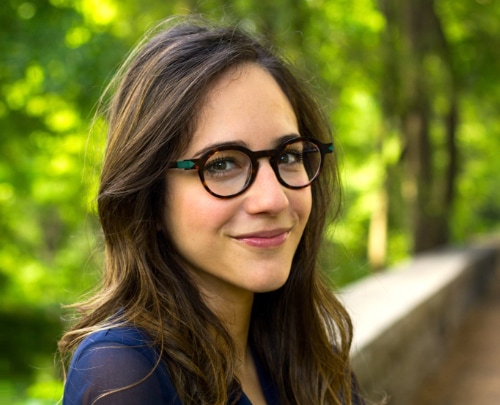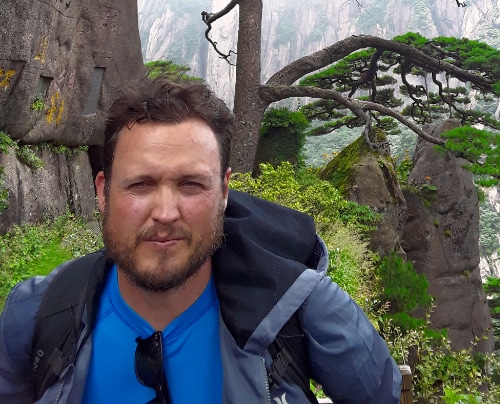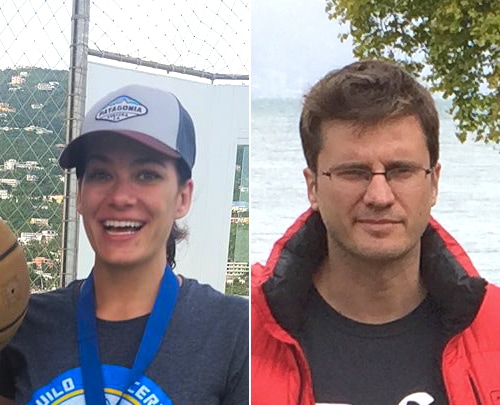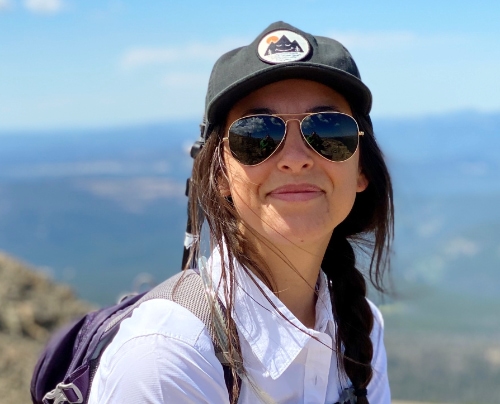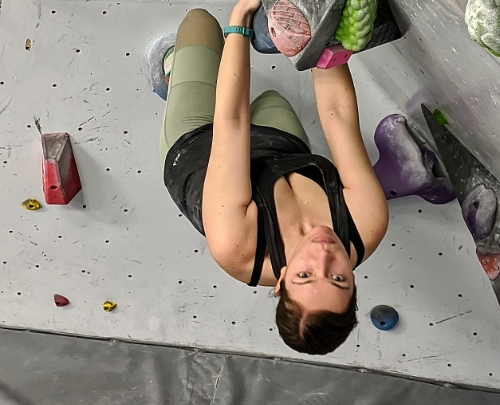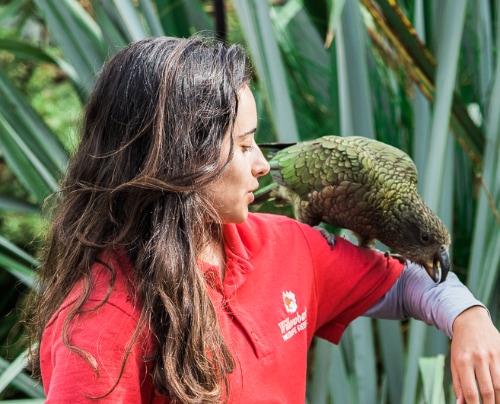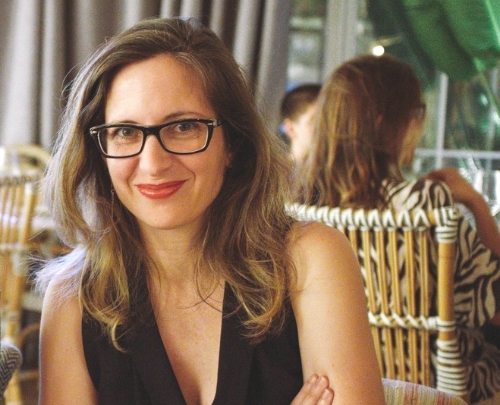9
Mar 2021
How much can you trust people's retelling of information the've read? In episode 95, Shiri Melumad from the University of Pennsylvania’s Wharton School of Business discusses her research showing that when – much like the children’s game “telephone” – news is repeatedly retold, it undergoes a stylist...
9
Feb 2021
What can a video game teach us about our epistemic philosophy? In episode 93, Luke Cuddy from Southwestern College’s philosophy program talks with us about the video game The Witness, which presents players with a multitude of increasingly sophisticated and frustrating puzzles that perhaps result fr...
29
Sep 2020
Should I have done something differently? Or could nobody have seen it coming? In episode 84 Satoris "Tori" Howes from Oregon State University-Cascades and Edgar "Ed" Kausel from Pontificia Universidad Catolica de Chile join us to discuss their research into the malleability of narcissists' memory...
1
Sep 2020
Does spanking really have lasting impacts on kids' later lives? In episode 82, Nicole Barbaro from Western Governors University Labs talks with us about her research into the factors that determine the answer to this question. Her study “The effects of spanking on psychosocial outcomes: revisiting...
18
Aug 2020
Is it an actual conspiracy, or just a theory about one? In episode 81, Tim Tangherlini from the University of California Berkeley’s Folklore Program discusses his research into how conspiracy theorists interpret and use what they believe is “hidden knowledge” to connect multiple human interactions...
4
Aug 2020
How do our brains respond when people behave in unpredictable ways? In episode 80, Jordan Theriault from Northeastern University discusses his research into a set of brain regions which, when activated by a variety of social tasks, can provide insights into how we judge the moral objectivity or su......
9
Jun 2020
Why do some of us choose to remain ignorant of information that - though perhaps unpleasant - could help us make better informed decisions in the future? In episode 76, Emily Ho from Northwestern University’s Department of Medical Social Sciences discusses her research into why we keep our heads i...
12
May 2020
Very few animals can combine information to adjust their predictions in a flexible way by using domain-general intelligence as humans do. In episode 74, Amalia Bastos from the University of Auckland discusses her research demonstrating that kea parrots can make predictions based in probabilities, ......
31
Mar 2020
Why is it that we treat various species of animals so differently? In episode 71, Veronica Sevillano with the Autonomous University of Madrid discusses her research applying social psychology and conservation biology to understand the relationships people have with animals. Her chapter, "Animals a...
18
Feb 2020
What factors best predict success at college among youth formerly in foster care? In Episode 68, Royel Johnson from Pennsylvania State University's Department of Education Policy Studies discusses systematic literature review of research on the college success of this historically underserved popu...

